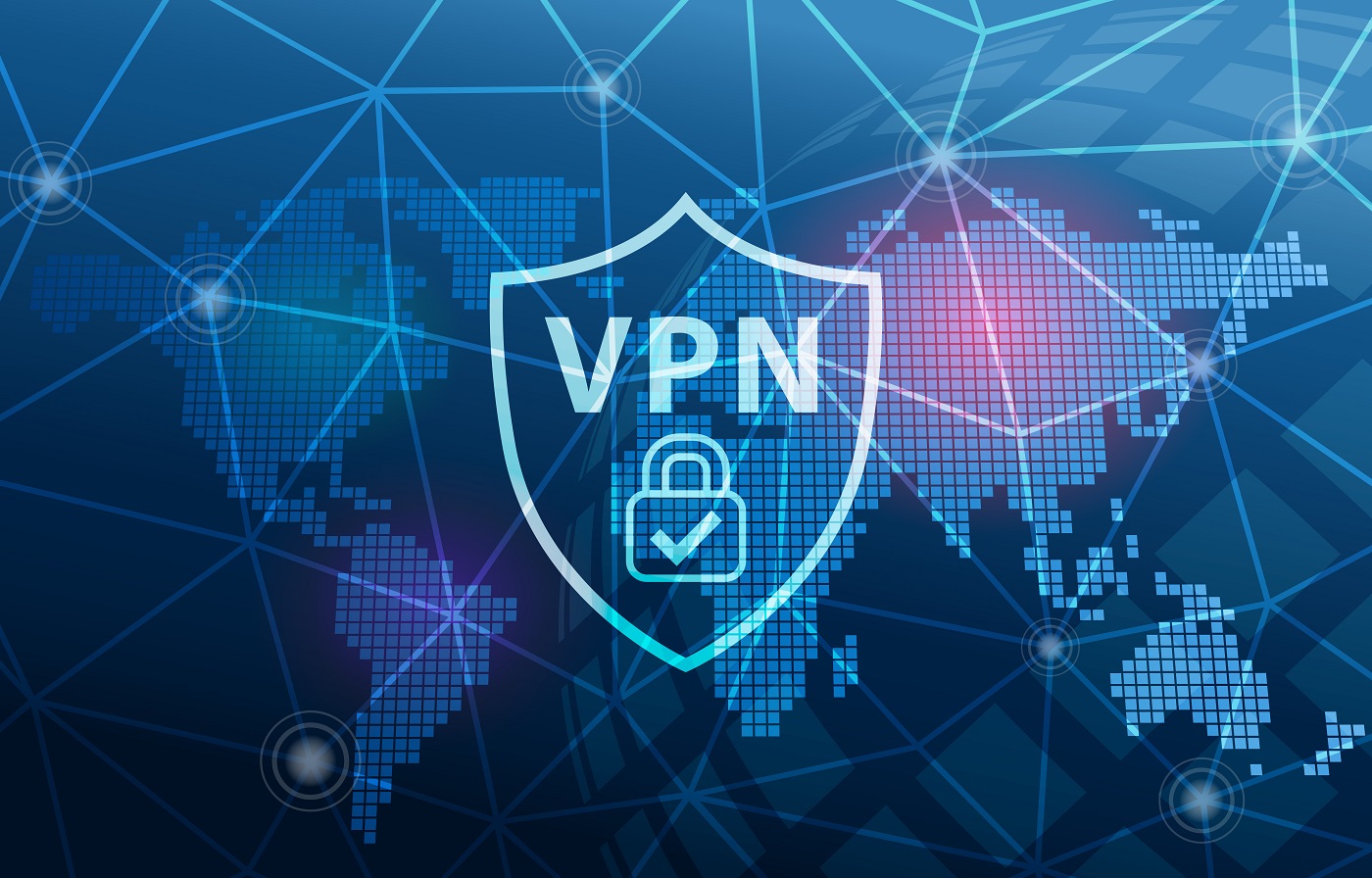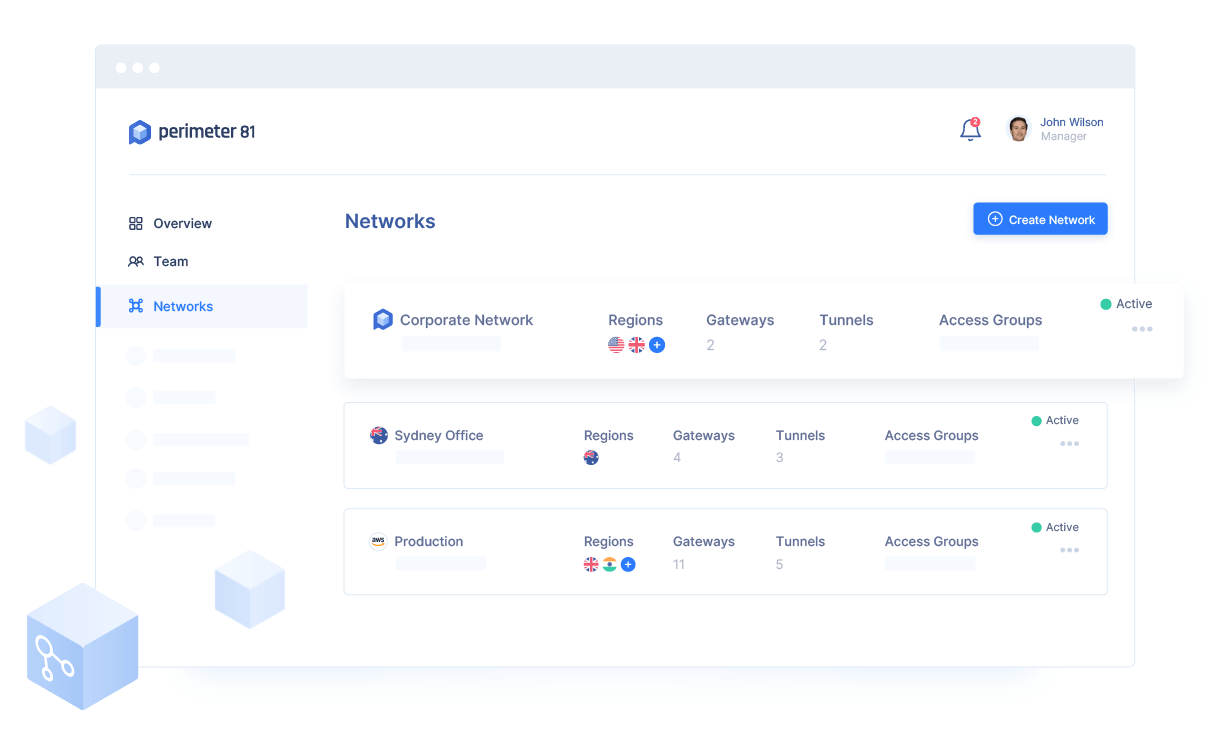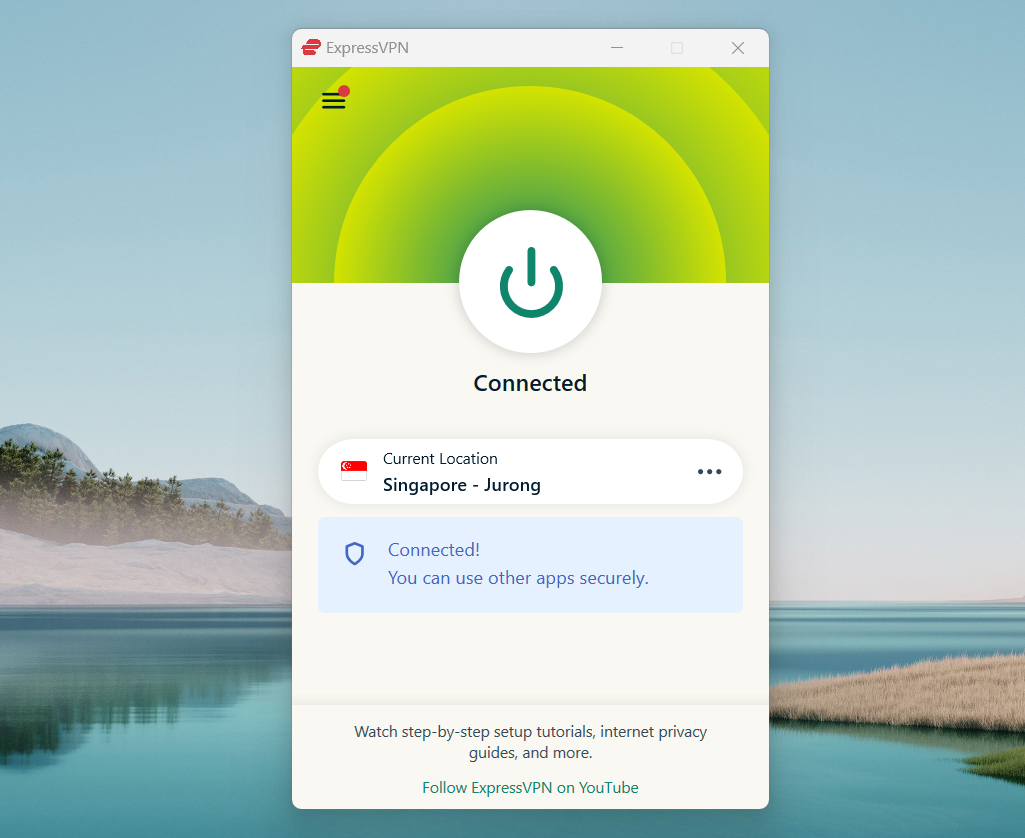
 technology
technology 
Learn about the different types of VPNs and when to use them. Find out which type of VPN suits your needs with this comprehensive guide.
A virtual private network (VPN) is a way to add security to online connections and preserve privacy through encryption. Individuals and businesses that deal in sensitive matters and wish to conceal their online activity tend to utilize VPNs. By creating an encrypted, point-to-point tunnel on which the data travels, their online identities and IP addresses are hidden.VPN connections are typically established between a user device such as a laptop and a VPN server.
This article covers the primary types of VPNs, what is needed for each and their main use cases.
Jump to:
| Personal VPN | Remote-Access VPN | Site-to-Site VPN | Mobile VPN | |
|---|---|---|---|---|
| Connection | Internet | Internet | Internet gateway | Internet |
| Software needed | None | VPN client | None | None |
| Use case | Private and secure connectivity for individuals. | Employee and branch offices when secure connectivity is an occasional rather than a continual need. | Permanent connection to head office. | Users who travel frequently, especially internationally. |
A personal VPN is meant for personal use as opposed to business use. Although some businesses try to save on budget by employing them, they really only belong in individual use cases. Those using them increase internet connection security by cloaking browsing and email traffic in anonymity. It also shields traffic from snoopers, whether they are Internet Service Providers (ISPs), government monitors, advertisers or cybercriminals. Like all VPNs, a virtual tunnel enables traffic to pass through confidentially. This ensures that data can’t be monitored, intercepted en route or altered in any way.
Here’s a list of personal VPNs we’ve tested:
Read our full review of TunnelBear.
Read our full review of ProtonVPN.
Read our full review of Surfshark.
Personal VPN use cases include:
A remote-access VPN is designed to establish a secure and encrypted connection between a remote user’s device and an organization’s internal network. Companies typically use remote-access VPNs when they have remote employees and need to ensure a safe connection.
Remote-access VPNs are typically inexpensive and provide a greater level of security compared to personal VPNs. However, businesses using a remote-access VPN should watch out for permissive permission policies. If one user has too many permissions, they may be able to access the data of other users in that VPN if they can obtain one password. Further, malicious insiders can utilize the privacy of the VPN to exfiltrate sensitive data.

Here’s a list of reputable remote-access VPNs:
Read our full review of NordVPN.
A site-to-site VPN makes use of a secure gateway to link a corporate network with other networks. Using a site-to-site VPN doesn’t require installing a VPN client on a device. Instead, users can access a secure channel in the cloud. In many cases, the traffic is sent from one router to another between multiple sites. As such site-to-site VPNs are a semi-permanent connection as opposed to a temporary connection as in a personal VPN or remote-access VPN.

Here’s a list of site-to-site VPNs:
Read our full review of Perimeter 81.
A mobile VPN is one that can persist during sessions despite changes in physical connectivity such as a shift in the network access medium or the point of attachment. In other words, a mobile VPN is not one for mobile users. It is a way to be connected at all times even if you change from one internet connection to another. Despite such changes, the VPN can maintain the session without interrupting user apps.

Mobile VPN options include:
Read our full review of ExpressVPN.
Read our full review of CyberGhost VPN.
Those considering a VPN should give careful thought to the type of VPN they select. The different VPN types listed above fit different use cases. Some are good for individuals while others are better fit for enterprise use.
Further, the type of device and platform play a part. For example, some VPN solutions are designed to enhance browsers—such as with Chrome extensions—and others are designed specifically for certain mobile devices or operating systems.
24World Media does not take any responsibility of the information you see on this page. The content this page contains is from independent third-party content provider. If you have any concerns regarding the content, please free to write us here: contact@24worldmedia.com